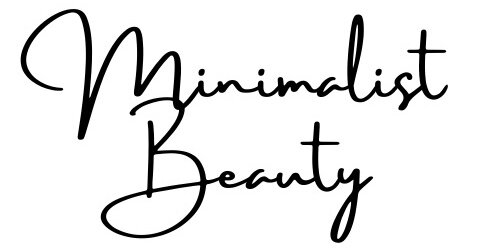STOP The Madness, Buy Clothing Consciously
Sometimes we can be driving somewhere safely, yet literally be in another world. I call this driving on autopilot. I usually end up heading somewhere I hadn't even intended to go because of it. I believe that most Americans shop this way, without intention, without awareness, and without the information needed to create more ethical choices. It’s time for us to snap out of it, and realize that large corporations are taking advantage of us and millions of people everywhere.
I watched the documentary The True Cost about the fashion industry. I've known about sweatshops for sometime now, and have been shopping in consignment stores and thrift stores as a result. This documentary helps one understand the journey that our clothing takes from planting and harvesting the crop to our bedroom closet. It also shares some of the blood, sweat, and tears that happen in textile factories just so that we can represent on Instagram and in real life. Seriously, we have the POWER to create change by voting with our dollar on what we buy and what we boycott. Fast fashion is not our friend and definitely doesn’t have the planet or the people creating it with their best interest in mind.
The fashion industry is the #2 polluting industry in the world aside from the oil industry.
Fashion is a form of communication without having to say anything at all, but do we ever think about who is paying the price for our fashion choices? Who is also benefitting the most? With fast fashion in particular, the clothing does not last long, is usually created with synthetic fabrics or synthetic fabric blends, and fills our closets with a lot of nothing to wear. Purchasing fast fashion may create a temporary high, yet can never fulfill that joy and bliss the advertising promises.
We used to have only two seasons each year where new designs were created, yet with fast fashion new designs are created throughout the entire year in excess to create more profit and more inventory flowing through stores weekly. There may be up to 52 plus seasons of clothing produced now because of it. These excessive seasons of style create more demand for environmental resources and textile workers forced to create more clothing at an even faster rate than is humane.
Large corporations outsource production to developing country factories, and will quickly switch production to a cheaper factory, if they refuse to produce products under a certain wage. These companies may claim to have a proper ethical code of conduct with outsourcing, yet it seems to be a bunch of lies. Cutting corners to produce products at a lower and lower wage just to maintain any business at all at these textile factories has created unethical working conditions for these factory workers.
These large corporations act as if they are doing a favor by providing work for those in developing countries, yet they are taking advantage of the desperation for opportunity.
Rana Plaza in Bangladesh is a prime example of this in 2013, where workers were forced to continue working in unsafe conditions. Over 1129 people died when the building collapsed with approximately 2500 non-fatal injuries. They were making $2 a day. The large corporation whom they were working for did not offer any assistance to the workers or their families after that devastation.
"Because the major fashion brands do not officially employ the workers, or own any of the factories they produce in, they are able to profit hugely, all while remaining free of responsibility for the effects of poverty wages, factory disasters, and the ongoing violent treatment of the workers. The whole system begins to feel like a perfectly engineered nightmare for the workers trapped inside it." ~The True Cost A protest for fare wages for textile workers in Cambodia resulted in police brutality as if there were a war. Workers were asking for a minimum wage of $160 a month.
There’s nothing dangerous about sewing clothing if you have humane working hours with adequate breaks, and make a wage that can actually support your family while improving your quality of life. We all make sacrifices to create the best lives we can for ourselves and our families, yet these types of jobs offered in developing countries seem to be lacking any of the qualities we would accept or agree with.
The next time you desire or need new clothing for your wardrobe definitely consider shopping secondhand, consignment, fair trade, and organic.
Create a capsule wardrobe so you won't have the issue of a filled closet with nothing to wear. Find your true personal style with vintage pieces. Let's keep textiles from polluting our landfills which produce harmful gases that are released into the air we breath. Sadly, even honorable donations to charity shops are adding to pollution when only 10% of the clothing is being sold. The rest is shipped to developing countries like Haiti. Please watch The True Cost, which is available on Netflix, and stop operating on autopilot!
Much love!
1st Image by Dawn Michelle & others from The True Cost





